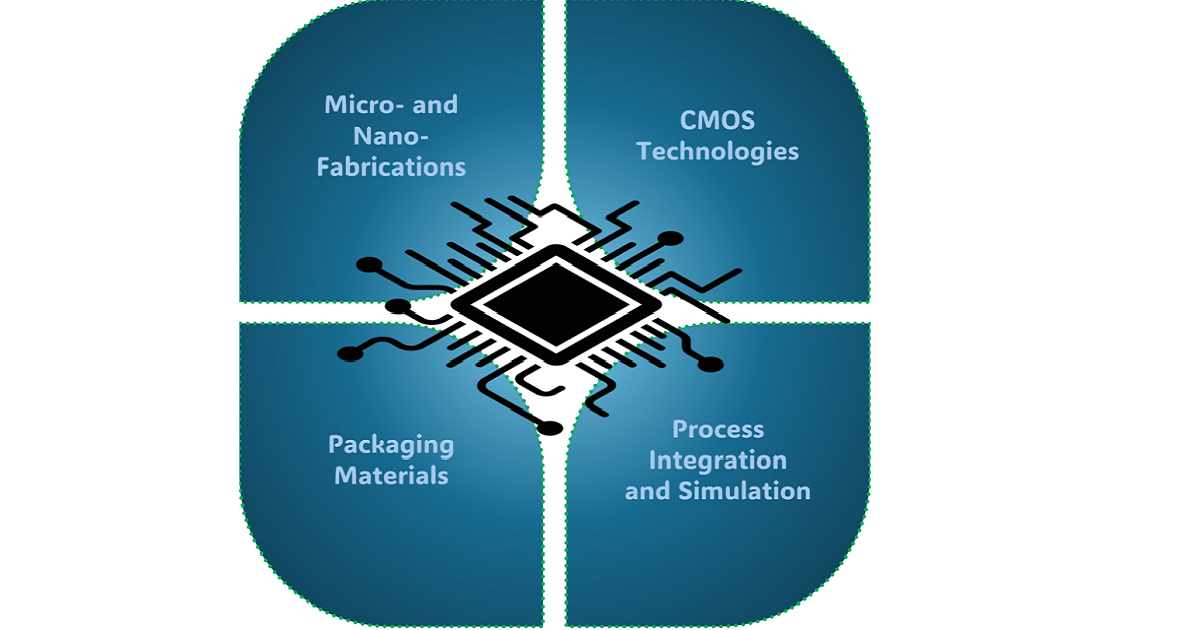- 2.8Impact Factor
- 5.5CiteScore
- 15 daysTime to First Decision
Microelectronics Processing Technologies: Current Status and Prospects
This special issue belongs to the section “Manufacturing Processes and Systems“.
Special Issue Information
Dear Colleagues,
In recent decades, the world of microelectronics has seen remarkable progress, driven by a growing need for smaller, more efficient, and integrated semiconductor devices. The recent advancements have sparked creativity in how we approach technologies, materials, and integration methods, significantly influencing the evolution of future electronics, sensors, power systems, and computing platforms. As the industry navigates hurdles concerning scaling, reliability, and sustainable manufacturing, it is essential to delve into innovative microfabrication techniques and process enhancements to maintain forward momentum.
This Special Issue on “Microelectronics Processing Technologies: Current Status and Prospects” invites original research and review articles that explore the latest advancements in microelectronics processing techniques, materials engineering, and integration strategies. Topics include, but are not restricted to, the following areas:
- Techniques for micro- and nano fabrication;
- Integrating processes in CMOS technology and beyond CMOS technologies;
- Innovative materials and interfaces for cutting-edge packaging solutions;
- Managing heat in tiny systems;
- Advancements in MEMS and NEMS processes;
- Developing and simulating processes;
- Creating new types of devices (e.g., quantum and neuromorphic);
- Integrating different materials and structures in three dimensions;
- Ensuring reliability, analyzing failures, and improving production yields;
- Eco-friendly and sustainable methods for semiconductor fabrication.
Dr. Vengudusamy Renganathan
Guest Editor
Manuscript Submission Information
Manuscripts should be submitted online at www.mdpi.com by registering and logging in to this website. Once you are registered, click here to go to the submission form. Manuscripts can be submitted until the deadline. All submissions that pass pre-check are peer-reviewed. Accepted papers will be published continuously in the journal (as soon as accepted) and will be listed together on the special issue website. Research articles, review articles as well as short communications are invited. For planned papers, a title and short abstract (about 250 words) can be sent to the Editorial Office for assessment.
Submitted manuscripts should not have been published previously, nor be under consideration for publication elsewhere (except conference proceedings papers). All manuscripts are thoroughly refereed through a single-blind peer-review process. A guide for authors and other relevant information for submission of manuscripts is available on the Instructions for Authors page. Processes is an international peer-reviewed open access semimonthly journal published by MDPI.
Please visit the Instructions for Authors page before submitting a manuscript. The Article Processing Charge (APC) for publication in this open access journal is 2400 CHF (Swiss Francs). Submitted papers should be well formatted and use good English. Authors may use MDPI's English editing service prior to publication or during author revisions.
Keywords
- microelectronics
- semiconductor processes MEMS/NEMS integration
- fabrication
- thermal management
- process modeling
- packaging
- yield and reliability
- advanced materials

Benefits of Publishing in a Special Issue
- Ease of navigation: Grouping papers by topic helps scholars navigate broad scope journals more efficiently.
- Greater discoverability: Special Issues support the reach and impact of scientific research. Articles in Special Issues are more discoverable and cited more frequently.
- Expansion of research network: Special Issues facilitate connections among authors, fostering scientific collaborations.
- External promotion: Articles in Special Issues are often promoted through the journal's social media, increasing their visibility.
- e-Book format: Special Issues with more than 10 articles can be published as dedicated e-books, ensuring wide and rapid dissemination.

